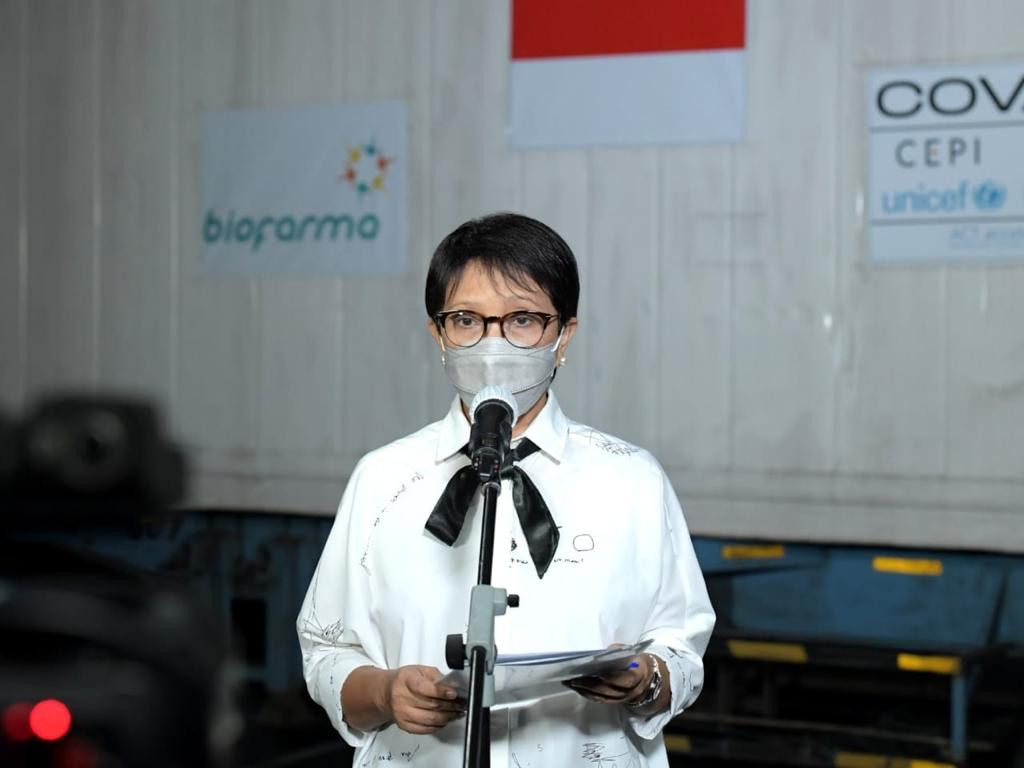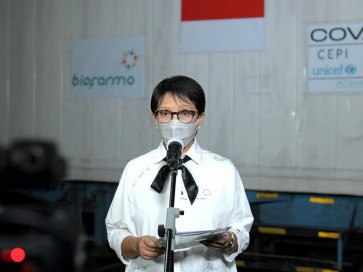Popular Reads
Top Results
Can't find what you're looking for?
View all search resultsPopular Reads
Top Results
Can't find what you're looking for?
View all search resultsHow can Indonesia develop its digital diplomacy?
While Indonesia’s efforts to implement digital diplomacy continue slowly, Indonesia must begin to pursue consistent engagement more aggressively with foreign nations through digital channels.
Change text size
Gift Premium Articles
to Anyone
D
igital diplomacy continues to be the subject of definitional debates. In the public discourse, it has a couple of different names, from e-diplomacy and 21st-century statecraft to digitalization of diplomacy and many others. However, digital diplomacy should primarily be understood as the use of digital information, communication and technologies to achieve diplomatic objectives. In this case, we mainly focus on the usage of digital diplomacy to help pursue foreign policy goals.
According to the Global Diplomacy Index 2019 by Lowy Institute, Indonesia ranks 21st globally and 5th among fellow Asian countries. The index measures Indonesia’s influence based on its diplomatic presence and machines.
Surprisingly, the country is below Mexico, Greece and the Netherlands. With its aspiration to be a regional leader and global problem solver, the statistics are a matter of concern. Can digitalization of Indonesia’s diplomacy be the right solution?
Indonesia is consistently developing its status as a population and technology hub with 300 million people by 2030 including its large percentage of tech-savvy youngsters. Among a variety of other factors, the country has become an increasingly important player in international geopolitics, particularly in the Southeast Asia region.
However, Indonesia’s continued political growth on the global stage must also be accompanied by a corresponding increase in its digital diplomacy efforts, allowing Indonesia to transcend more traditional diplomatic outreach with principles leveraging Web 3.0 resources. By utilizing the internet and other emerging technologies, Indonesia can increase its political footprint effectively within Southeast Asia and the world at large.
Against that backdrop, digitalization of diplomacy could help leverage Indonesia’s position in gaining more influence globally. Effective digital technologies may aid Indonesia’s efforts in strengthening its soft power, raising positive international public perception, and eventually could help advance economic benefits for the country alongside its integration with Jokowi’s massive trade and investment diplomacy.
Hence, Indonesia’s diplomacy this year is arguably less focused on the digital sphere. The pandemic indeed has shifted the nation’s foreign policy priorities to health and economic diplomacy. This year’s annual foreign ministerial statement did not specifically highlight any digital diplomacy strategies. However, Foreign Minister Retno LP Marsudi did allude to the fact that diplomacy must work to strengthen Indonesia’s digital economy and the integration of digital applications to protect the Indonesian diaspora living worldwide.



















